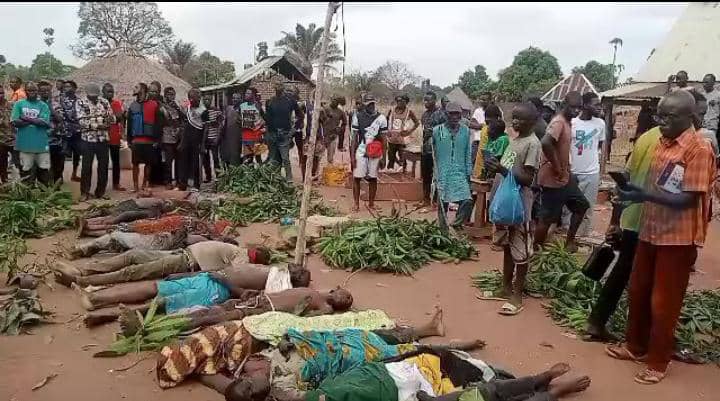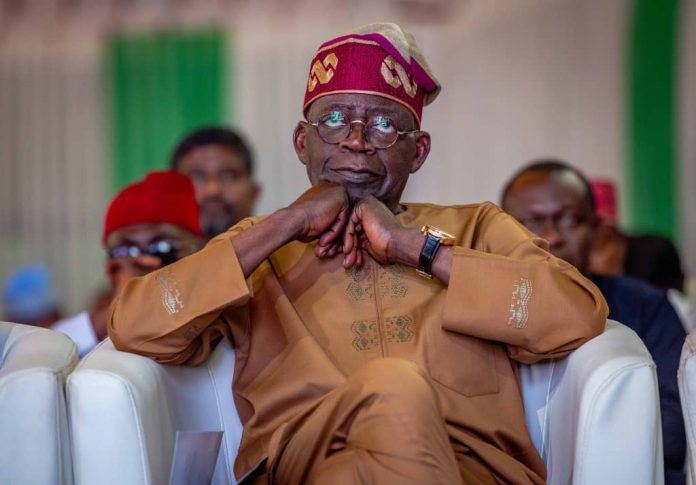Tight race, Promises
Despite a strong push by the younger generation to select a president from a different political party, Bola Ahmed Tinubu, a candidate of the All Progressive Congress (APC), emerged victorious in the 2023 Nigerian presidential election. Upon the announcement of his victory, he served as a unifying factor, pledging to be a “just leader” as he addressed critics as well as youth desperate for change. With 8.8 million votes, or slightly more than a third of the total, he defeated his main rivals, Atiku Abubakar of the Peoples Democratic Party, who secured 7 million votes (losing at his sixth attempt to win the presidency), and Peter Obi of the Labour Party, who secured 6.1 million votes, with the support of many middle-class, educated, and urban Nigerians.
Under the administration of former President Buhari in 2019, the naira, Nigeria’s currency, lost 70% of its value, thereby leading to Africa’s largest economy struggling to keep pace with ballooning debt. Given that over one-third of the country’s workforce is currently jobless, Tinubu pledged during his campaign and at his inauguration to provide jobs, stabilize the collapsed economy by at least 6% annually, bolster security, deal with fuel, foreign exchange shortages, inflation that has been nearly two decades high, intermittent power supply, and the decline in oil production as a result of petroleum theft and underinvestment. “Our goals for the economy are to significantly reduce unemployment and achieve higher GDP (gross domestic product) growth,” he said.
Strategic Campaign
Often using the Yoruba expression “Emilokan,” which means “it’s my turn” to be the next president, he ran mostly on the platform of his eight years as governor of Lagos, claiming to have ‘cleaned up’ the state and raised government revenue. He also employed historical allusions laced with nationalist ideology to showcase his numerous achievements over his political career, such as his credit for assembling the large coalition that enabled Buhari to win in 2015 following three unsuccessful attempts.
Yet, it is presumed that the campaign slogan “emilokan” exposes complex ethnic relations and a paralyzed democracy. The majority of responses—gossip and satire—showcase Nigerians’ democratic citizenship practices. The use of memes, humour and parodies has been the main response to Tinubu’s ‘emilokan’ assertion. These responses highlight the limited channels that citizens have to effectively demand accountability from their leaders and assert their political agencies.
Violence, Unjustified Killings

“Our administration will prioritise security above all else because, in an environment of violence and insecurity, neither wealth nor justice can triumph,” he said at his inauguration in May, 2023. As the security situation in Nigeria has clearly gotten worse over time, affecting every region of the nation, voters anticipate Tinubu to fulfil his promise of providing security personnel with equipment, better pay and training, and more firepower to tackle the menace created by insecurity and violence, For instance, the Boko Haram insurgency (the country’s biggest security challenge), which has persisted in various incarnations since the 1990s, has paved the way for other non-state armed organizations to spread violence.
So far, millions of people’s livelihoods are at risk nationwide due to the continued killings by numerous armed groups. While gangs known as “bandits” commit extensive murders, sexual assaults, lootings, and kidnappings, the Islamic State West Africa Province (ISWAP), “a Boko Haram breakaway faction,” has also resumed activities in the north-west. According to a report on BBC News, in March 2024, Boko Haram jihadists were believed to have kidnapped dozens of displaced people in the north-east.
In another report by Sahara Reporters, unspecified numbers of students were kidnapped at a local government office in Sokoto. According to this report, the incident happened barely a day after terrorists were said to have stormed a school in Kaduna and abducted over 270 pupils. Tensions between different ethnic and religious groups also compound the multi-decade armed conflict between herders and farmers in the North-Central region and the Middle Belt, which is claiming lives despite the authorities’ best efforts to curb the fight for land and other resources.
Hunger, Hardship, and a hike in food prices

In a nation where millions of people live in extreme poverty without access to a functioning social safety system, the high rate of inflation has made it more difficult to get food and other necessities. Annual inflation is currently about 30%, which is the highest level in almost thirty years; food prices have increased even more by 35%. The price of a litre of petrol now costs more than three times as much as it did about nine months ago.
Many are searching for less expensive options, limiting what they have, or going without food. Still, since 2019, the government-set minimum wage has remained at 30,000 naira per month, which, given the current currency rate, is only worth $19 (£15).
Since the government’s currency flotation, the value of the naira has also fallen to an all-time low against the US dollar, which has driven up the cost of imported goods and services, increased unemployment as a result of multinational companies pulling out, and severely harmed low-income households and small businesses in Nigeria, whose economy depends heavily on imports.
Unfulfilled Promises
Following an impressive start to his presidency with the removal of the “costly fuel subsidy,” which has made the government $10 billion naira better off, and the move to a market-driven exchange rate (which has previously weakened the overvalued naira), things are still amiss. Despite his assurances, every part of the country is still threatened by insecurity. As millions of people, already burdened by the hike in food prices are now forced to walk great distances to work due to rising petrol prices, changes at the central bank also seem half-baked. Presumably, a sizable number of citizens may slip through the cracks if the government does not act to improve the coordination of security agencies, address the socio-economic factors that fuel insecurity, create opportunities and jobs that deter crime, and make provisions for poverty alleviation, especially in areas affected by insurgency and insecurity.
If you like our content, join us in helping to bring reality and decency back by SUBSCRIBING to our Youtube channel: https://www.youtube.com/channel/UCQ1Ll1ylCg8U19AhNl-NoTg AND SUPPORTING US where you can: Award Winning Independent Citizen Media Needs Your Help. PLEASE SUPPORT US FOR JUST £2 A MONTH https://dorseteye.com/donate/







